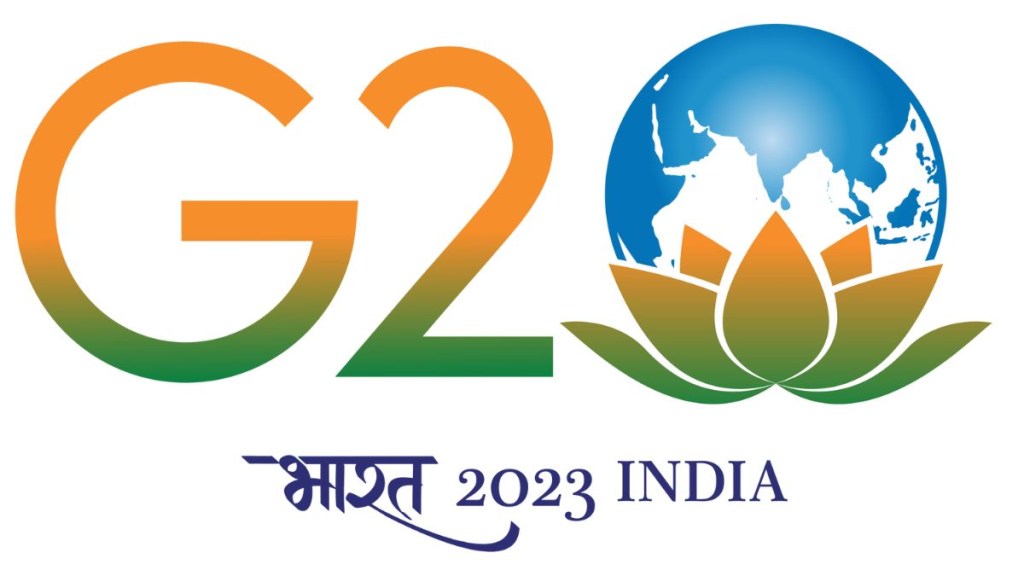The G20 Leaders’ Summit, scheduled for September 9-10, marks the high point of India’s year-long G20 presidency. This platform offers an opportunity to showcase India’s rising economic stature, with recent data and reports highlighting its remarkable progress on the global stage.
India’s active engagement as the G20 presidency, combined with its growing economic strength, is facilitating efforts to address global challenges and promote collaboration between nations. By leveraging its economic power, India is emerging as a credible mediator in bridging gaps between developed and developing countries, especially on critical issues like accelerating Sustainable Development Goals (SDGs) and reforming multilateral development banks (MDBs).
India’s economic competence aligns seamlessly with its G20 leadership, enabling the nation to tackle pressing global concerns that demand collective attention. The world is dealing with the aftermath of the COVID-19 pandemic and geopolitical tensions, necessitating a recalibration toward a “new normal” characterized by subdued growth, heightened inflation, broader socioeconomic disparities, and extreme weather occurrences.
A blueprint for Progress
What sets the G20 presidency apart, despite being a rotating responsibility, is the composition of the group – the world’s 20 most influential economies. Initially established in 1999 as a response to the East Asian financial crisis, the G20’s focus has expanded from economic and financial matters to encompass broader issues like climate change and energy. Presently, the G20 collectively accounts for over 80 percent of the global GDP.
G20 Agenda under India Presidency
India’s G20 agenda reflects its commitment to domestic developmental priorities, encompassing topics such as technological transformation, digital public infrastructure (DPI), advancement of SDGs, eco-conscious development, and empowerment of women. India’s willingness to tackle complex challenges is evident in its proactive approach to reforming MDBs and expediting solutions for debt stress faced by vulnerable nations.
India’s proficiency in these domains stems from its proactive stance in addressing economic issues, such as subsidy leakages, financial inclusion, and COVID-19 vaccination.
A significant outcome of India’s G20 presidency is the acknowledgment of digital public infrastructure (DPI) as an inclusive and efficient means of delivering public services. This recognition underscores the potential of technology in enhancing inclusivity and service quality.
Paving the Path to Sustainability
India’s G20 presidency has also made significant strides in promoting sustainable development. The nation has successfully outlined an action plan to expedite progress on SDGs, reinforcing member states’ commitment to achieving these vital goals.
Furthermore, discussions on energy transition have gained momentum due to the urgent imperative to combat climate change. As the world’s third-largest renewable energy producer, India leads conversations on energy transition. Initiatives like production-linked incentives for electric vehicles and the National Green Hydrogen Mission lend weight to these deliberations.
While the G20 Energy Transitions Ministerial meeting may not have resulted in a joint communiqué, the outcome document underscores the commitment to accelerate hydrogen production through low-emission technologies and the adoption of biofuels. Multiple sessions of the Energy Transitions Working Group have convened, focusing on crucial areas like affordable financing for energy transition and the diversification of supply chains.
Leading businesses are also aligning with forward-looking themes, devising strategies to safeguard their sectors. The B20 forum, representing the global business community within the G20, advocates responsible, accelerated, innovative, sustainable, and equitable business practices. Task forces are delving into pressing themes, including global value chains, future work paradigms, digital transformation, economic recovery financing, financial inclusivity, climate change, energy efficiency, technology, innovation, and research.
Charting a Novel Global Landscape
However, India’s G20 presidency extends beyond immediate discussions; it addresses profound issues that will shape the new world order. A notable endeavor pertains to reforming and strengthening MDBs. The G20’s Independent Expert Group, co-led by former US Treasury Secretary Lawrence Summers and NK Singh, Chairman of the 15th Finance Commission, introduced a groundbreaking funding mechanism. This Global Challenges Funding Mechanism taps into private sector investments to secure an additional US$20 billion for annual lending, supplementing existing equity contributions and discretionary trust funds.
Debt Restructuring
Since 2021, the G20 has addressed debt vulnerabilities in low- and middle-income countries. The debt restructuring through the Common Framework was given a boost under India’s presidency.
Until now, only Chad had restructured its debt using this framework. But thanks to India’s efforts, Zambia, Ethiopia, and Ghana have also made significant strides in this area.
Beyond the usual framework, G20 discussions played a role in coordinating debt restructuring for Sri Lanka. This was done through a committee co-led by India, Japan, and France. During India’s leadership, the Global Sovereign Debt Roundtable was introduced. This initiative was jointly chaired by the IMF, World Bank, and the G20 presidency.
BRICS & G20
Following the three-day BRICS Summit in Johannesburg, leaders emphasized the G20’s crucial role as a major platform for global economic and financial collaboration. This involves both developed and emerging markets, as well as developing countries. The leaders eagerly anticipated the upcoming 18th G20 Summit in New Delhi under India’s presidency.
Furthermore, the BRICS leaders expressed their backing for the continuous collaboration in the G20 presidencies of Brazil and South Africa in 2024 and 2025. They also reaffirmed their commitment to enhancing the representation of the global South’s perspective within the G20 agenda.
Impact of Russia-Ukraine War
The ongoing Russia-Ukraine conflict introduced complexities, leading to divergent viewpoints during the third G20 finance ministers’ and central bank governors’ meeting in Gandhinagar. Although a consensus remained elusive due to language differences, optimism surrounds the G20 Leaders’ Summit. This event holds the potential to yield a communiqué, marking India’s triumphant G20 presidency.
In essence, India’s G20 presidency signifies the ability to set the global agenda, stimulate dialogue on critical issues, and guide the world toward a promising future. Regardless of the summit’s final communiqué, India’s G20 leadership leaves an indelible mark, affirming its commitment to fostering a more united, inclusive, and prosperous global community.

